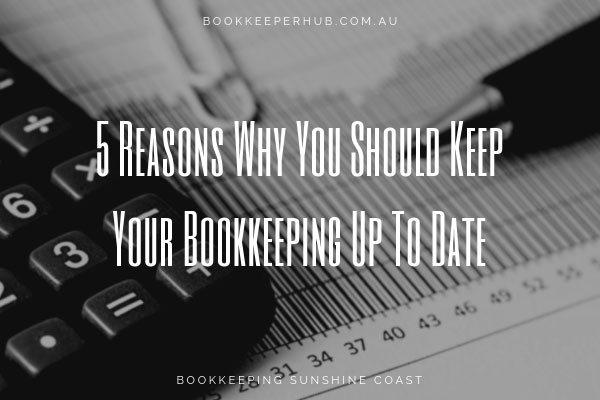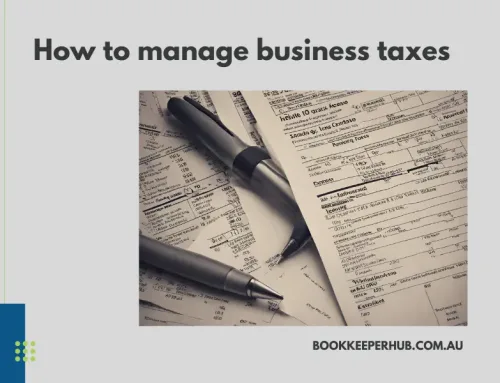Balancing the books is a crucial part of running a successful business. If you’re a business owner, keeping a close eye on your accounts and monitoring payments that come in and go out is vital. If your books aren’t up to date, or your finances are in disarray, the risk of financial failure increases dramatically.
Here are 5 reasons why you should keep your bookkeeping up to date.
1. Monitoring and controlling your expenses
Every business incurs expenses. Whether you work in an office, you own a store or a salon, or you run an agricultural business, it pays to update your books to enable you to monitor expenses. It’s beneficial to take stock of finances, not just to prevent cash flow issues, but also to help you prepare your tax returns. If you spend money on essential items for your company, you can claim them as expenses and this could reduce your tax bill. When you spend money, make sure you keep receipts and invoices and document every transaction.
As well as simplifying the process of completing tax returns, keeping a note of expenses can also help you make cutbacks if your running costs are too high. If you’re spending too much, you can analyse where your money is going, and take steps to reduce spending in these areas.
2. Budgeting
Budgeting is essential for every business. If you have an accurate idea of what is going on in your books, you can plan ahead, you can make preparations if your income fluctuates, and you can work out the best ways to spend and invest your money. Use your books to create a budget for the month or year ahead that is based on real sales and expenses figures, and don’t forget to adapt and update your budget as you go. Things can change in an instant in business, and you’ll need to keep both your bookkeeping and your budget up to date.
3. Stress-free tax
Filing a tax return is a task many small business owners dread. Filling in that form will be much simpler and less stressful if you have been conscientious with bookkeeping. Your books should present a clear indication of your income and your expenses, which will make the job of completing your return easier. If you hire an accountant to do your tax for you, they will also thank you for being organised.
When it comes to paying tax, it’s also useful to incorporate this into your budget. If you can set aside a monthly payment, this will enable you to spread the cost of your tax bill and prevent you from having to find a lump sum as the end of the tax year approaches.
4. Creating forecasts
Forecasts can be incredibly useful and valuable for small businesses. The best way to create accurate forecasts is to use information and data obtained from previous months and years. If your books are in order, you should be able to draw up a forecast for the months or year ahead. Using forecasts can help you plan for the future, manage your money and reduce the risk of cash flow issues. If you run a seasonal business, for example, and you have peak periods looming, a forecast will enable you to make judgments like whether you can afford to hire extra members of staff or buy more stock.
5. Borrowing money
Many business owners look to borrow money to expand and diversify. If you’re thinking of opening a new outlet, you’re keen to grow your product range, or you want to hire more field staff, for example, you might need a cash injection. Any lender will want to look at and analyse books and accounts. If you’ve been diligent with bookkeeping, your finances are in order, and you have all the answers to your lender’s questions, the chances of being able to borrow money will be much higher. If your books are out of date, and it’s not clear how much profit you’re turning over, or where you’re spending money, there’s a high risk of your application being rejected.
If you run a business, it’s incredibly important to keep a close eye on your books. You might be welcoming new customers and watching the orders fly in, but it’s crucial to take stock of expenses and outgoings too. Soaring sales don’t necessarily translate to bumper profits. If you’re organised, you document every transaction, and your books are up to date, you can plan ahead, you can reduce your risk of cash flow problems, you can eliminate the stress of filing tax returns and you’ll have a better chance of being able to borrow money.






